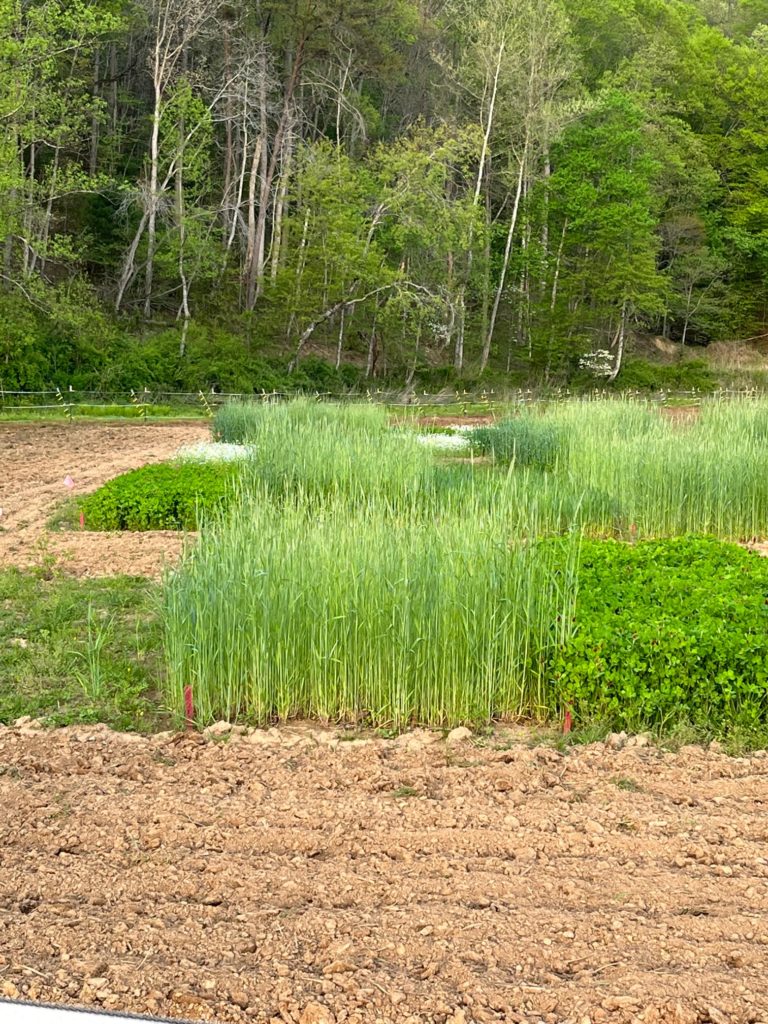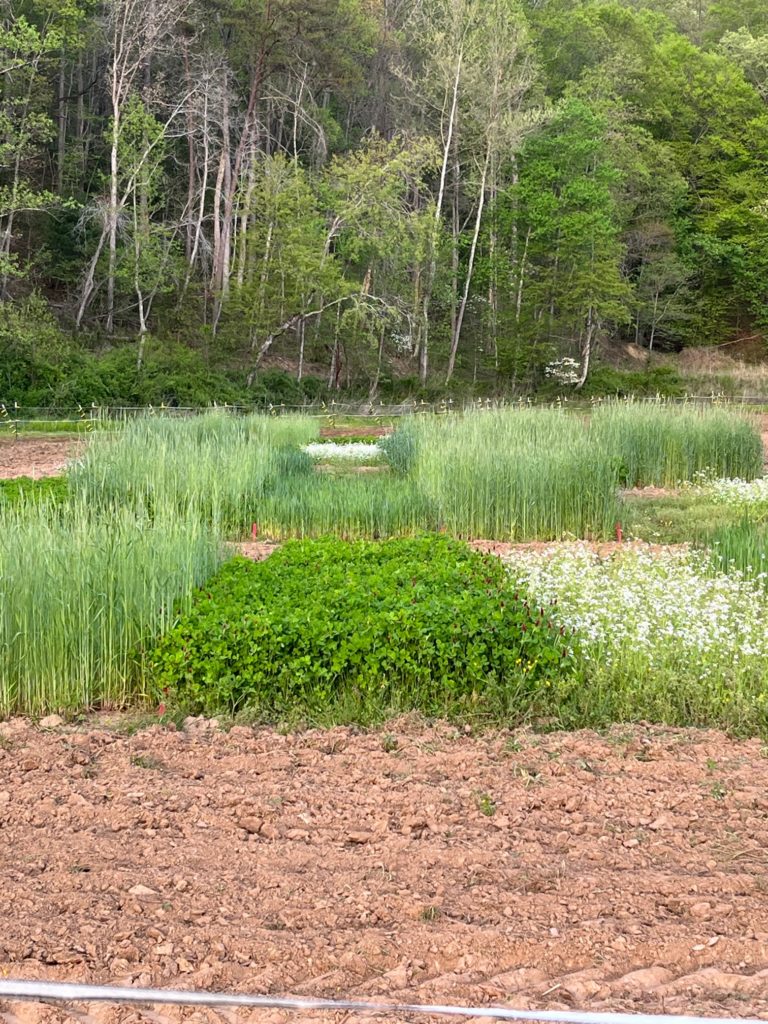By Clint Thompson
Sometimes the management of a crop disease or insect requires an integrated approach to achieve full control. Organic sweet potato producers must implement such a strategy to achieve full control of root-knot nematodes.

The southern root-knot nematode (Meloidogyne incognita) is one of several plant-parasitic nematodes that cause damage to plant roots, according to Alabama Extension. Symptoms below ground are most impactful to the plant’s yield and quality.
Strategies like planting resistant varieties, cover crop implementation, sanitation and nematicides are highly effective, but only if they are used together, says Kathy Lawrence, professor of entomology and plant pathology at Auburn University.
“We do cover crops, variety selection. There are a few products that are on the market to help with nematodes. Majestene is one of those. We’re also studying (predatorial) insects with Dr. Scott Graham. We’re doing the entomopathogenic nematodes (Steinernema feltiae, Steinernerma carpocapsae and Heterorhabditis bacteriophora) to try to take out some of the insects,” Lawrence said. “In the cover crops, we had quite a few differences. Rye was very good, but our mixture of wheat and rye and clovers … that really did a good job of reducing the nematodes and increasing the plant health aspect that we were measuring. It increased the biodiversity of what was in the soil, trying to increase the natural predators of the pathogens.

“The (U.S. Department of Agriculture National Institute of Food and Agriculture Organic Research and Extension Initiative) grant is geared towards increasing organic production so that’s why we selected everything that would be allowed for organics, just to see if we could make a good product.”
Lawrence’s graduate student Claire Schloemer, along with Graham, Auburn assistant professor and Extension specialist, are using the grant to study the effect of each of these control measures on nematodes in sweet potato production, a $680 million crop in 2021.
“It was one of those crops where the grant agency, it was one of their priority crops, because it is used for children and baby foods and things like that,” Lawrence said. “The control measures didn’t totally wipe (the nematodes) out, but it did produce a good yield. We also were talking with an Ag economist, and we’re going to have to cut back because we spent an awful lot on our products. We do know we can cut that back this year.”
Southern root-knot nematodes cause yield loss in sweet potato production systems by reducing the quality and quantity of marketable potatoes. In 2021, 153,500 acres of sweet potatoes were planted in the United States. According to the most recent data in 2017, Alabama farmers harvested more than 2,000 acres of sweet potatoes.









